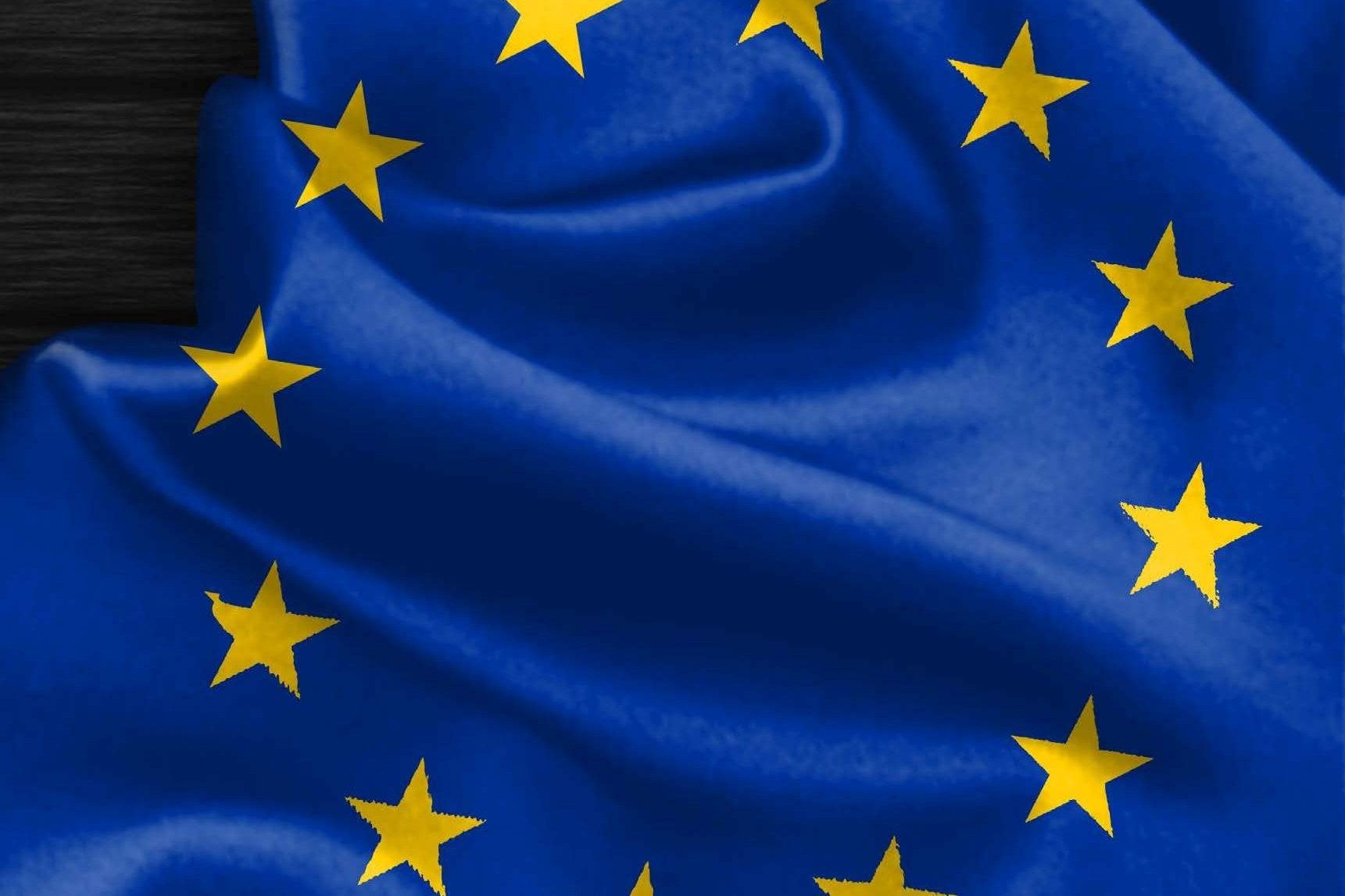Troublesome barriers
Beef exporters look likely to be slapped with new barriers to trade with the European Union once its deforestation supply chain regulations are adopted next year.
By Nigel Stirling.

Sellers of a range of commodities will have to prove to bureaucrats in Brussels that their products have not contributed to deforestation around the world.
According to the European Commision “companies will be required to collect precise geographical information on the farmland where the commodities they source have been grown to so that these commodities can be checked for compliance”.
Failure to do this risks a fine of up to 5% of the non-complying entity’s European Union (EU) turnover.
Meat exporters in New Zealand breathed a sigh of relief in December when sheep meat was excluded from the new regime after initial demands from the European Parliament for its inclusion.
However, beef remains one of a handful of products the EU believes are the main drivers of global deforestation and are subject to the new rules.
The products include palm oil, soy, cocoa, timber, rubber and cattle as well as other products made from those raw commodities such as chocolate and furniture.
Had sheep meat stayed, Beef + Lamb NZ estimates the cost to NZ exporters could have run into the tens of millions of dollars.
B+LNZ’s senior manager for international trade Frances Duignan said the cost will be less for beef but the new rules will add a new layer of compliance for exporters at a time when many will be looking to capitalise on expanded beef quota created by the EU-NZ Free Trade Agreement (FTA).
“The thinking by the European Commission would be similar to an export certificate, which the exporter would provide outlining specific information as to whether the product contributed to deforestation or not, and then that would get checked at the border with all the other documentation.”
It was particularly frustrating for the meat industry in NZ that the real targets were South American and South-East Asian countries where massive deforestation was still an ongoing problem, Duigan said.
“In the conversations we have had with the EU they have said we know who we want to target, but they hadn’t thought of the collateral damage that’ll be felt by all the other countries that do not have the same issue.”
It might be that the most NZ could hope for was to receive a lower risk classification from the EU.
“There is a question mark around the other categories [of country] about what information they need.
“If you are lower risk, do you have to provide [authentication] at an exporter level, or could it be provided at a country level?
“There was a conversation about whether you check 10% of all shipments of beef coming from NZ, say, instead of 90% coming from Brazil.
“Those are still live conversations we need to have bilaterally with the European Commission,” Duigan said.
As with all new EU trade rules there is the lingering suspicion they are motivated more by a cynical desire to protect their domestic producers from imported competition rather than any higher principles.
Some countries have already questioned the legality of the rules at committees of the World Trade Organisation (WTO), although none had initiated a formal dispute.
Duignan said on the legality matter with the WTO, it was difficult to know which side the NZ Government would come down on.
She said NZ was fortunate that it still had the ear of the European Commission as officials from both sides put the finishing touches on the FTA.
And the environmental record of NZ farming was still fresh in the mind of officials in Brussels.
“They understand our sustainability credentials in a way that they do not understand other countries’.
“We are hopeful we can reach a deal…but there is nothing certain when it comes to sustainability and the EU.”
Phil Houlding, director of international policy at the Ministry for Primary Industries, confirmed talks were ongoing.
“We are continuing to engage constructively with the European authorities to ensure they understand NZ’s beef production, our approach to sustainable forest management, and the ways in which NZ is improving land management practices.
“We expect NZ will be designated a low-risk country under the new law, which will reduce the due diligence requirements for businesses that trade within the EU.”
Exporters deemed by the EU to be large will have 18 months to comply once the new rules are adopted. Smaller companies will have 24 months.
- Nigel Stirling is a farmer and agribusiness and trade journalist from South Otago.




